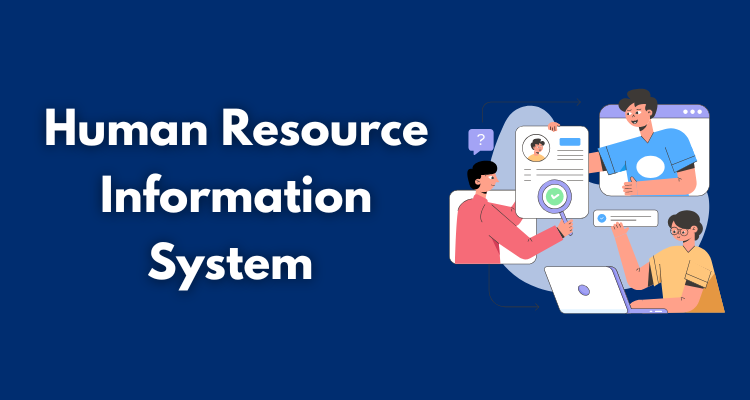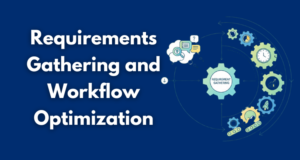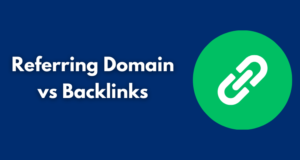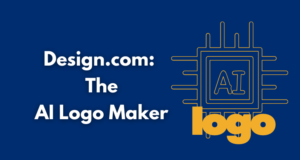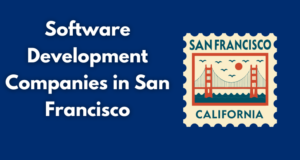In the early days of building a company, speed matters. Everyone wears multiple hats, decisions move fast, and structure is often an afterthought. But once you go from a handful of people to a small team, that lack of structure starts to show.
Suddenly, questions like “Who’s out next week?” or “Where’s the onboarding checklist?” start to interrupt your flow. That’s when startups usually realize it’s time for something more organized—and that’s where an HRIS comes in.
A Human Resource Information System (HRIS) is software that helps teams manage people operations more effectively.
From storing employee data to tracking time off, streamlining onboarding, and handling basic HR tasks, an HRIS centralizes everything so your team can stay focused on building, not chasing down spreadsheets.
Platforms like Thrivea are designed specifically for startups that want just enough structure—without all the bloated features and processes of traditional HR software.
But here’s the key: not every HRIS is built for the way startups work. So what do fast-moving teams actually need?
Table of Contents
ToggleSomething You Can Set Up Without an HR Department
Most startups don’t have a dedicated HR lead in the beginning. Founders, ops managers, or team leads are usually the ones handling hiring, onboarding, and people logistics. That means your HRIS should be intuitive from the start.
You shouldn’t need a consultant to implement it or a week of training to figure out how to run a simple report. Look for a platform that’s easy to set up, with built-in workflows that work right out of the box. If you can start using it the same day you sign up, that’s a good sign.

A Tool That Gets Out of the Way
Startups thrive on focus. The last thing your team needs is another platform that adds friction to daily work. Good HR software should support your workflows—not disrupt them.
This means:
- Clean, simple design
- Fast loading times
- Mobile accessibility
- No unnecessary features cluttering the interface
When something as simple as requesting time off or checking an employee’s start date takes more than a few clicks, that’s a problem. Choose software that feels invisible until you need it—and helpful when you do.
Core Features That Actually Matter
Startups don’t need every HR function under the sun. What they do need is a clean way to manage the essentials. At a minimum, your HRIS should cover:
- Employee records: One place to store and update contact info, job titles, start dates, and relevant documentation
- Time off tracking: A way for employees to request leave and for managers to view calendars and balances
- Onboarding: Checklists or templates to help new hires get up to speed quickly
- Document storage: A central hub for policies, forms, and signed agreements
Extras like performance reviews, benefits management, and compliance automation can come later. In the early stages, focus on the tools that keep your team moving and your operations clean.
Flexibility as You Grow
The tool you choose today should still work when you double your team size—or bring on remote employees in different time zones. That doesn’t mean it needs to support every possible enterprise feature, but it should have enough flexibility to adapt as you scale.
Look for customizable roles, location support, and features that won’t force you to switch platforms as soon as your needs evolve. A good HRIS should make growth easier, not more complicated.
Easy Access for Everyone
HR tools aren’t just for admins. Employees need to use them too—whether it’s updating their own info, checking time off balances, or signing a policy. That means your platform has to be user-friendly for non-HR folks.
If someone on your team needs to ask for help every time they log in, your HRIS is getting in the way. Instead, choose a system with clear navigation, minimal clicks, and a short learning curve. The goal is to make HR tasks self-service wherever possible.
Support That Matches Startup Speed
When you need help, you don’t want to wait days for a response. Whether it’s a technical issue or a quick how-to question, support should be fast, human, and helpful.
Check whether the platform offers chat-based support, help documentation, or onboarding guidance. And don’t overlook the community—startups often rely on product feedback and transparent roadmaps to understand where tools are heading. The more open and responsive your HRIS provider is, the better.
Affordability Without Compromise
Startups need tools that are cost-effective. That doesn’t mean free software with major limitations. It means transparent pricing, fair plans based on your team size, and no surprise upgrade requirements.
The best HRIS platforms for startups offer just the right balance: robust core features at a price that doesn’t eat into your runway. You shouldn’t be forced into enterprise pricing for features you’ll never use.

